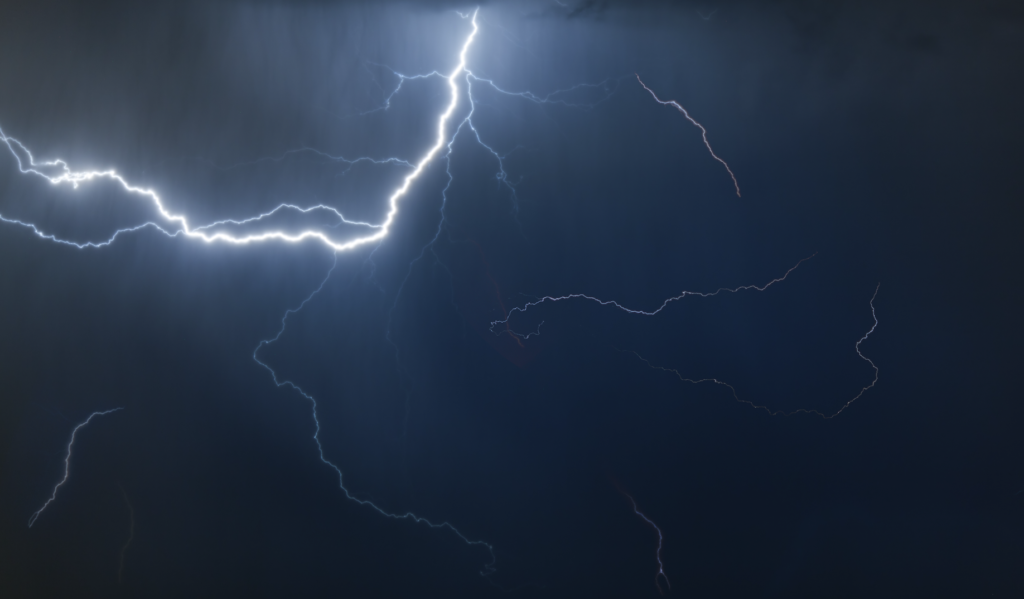A single storm can cause a lot of damage in the flash of a second, especially in countries that experience hurricanes and storm shutters. Research shows that the kitchen, bedroom, and attic are the leading areas that cause electrical fires at 11%,14%, and 12%, respectively. It’s important to understand electrical risks during storms, so let’s discuss electrical safety measures during a storm.
Electrical Hazards During a Storm
As mentioned above, most people put in safety measures in case of a storm, but they forget about electrical safety. Floods, lightning, and wind are three natural hazards that can threaten electrical safety. Let’s look further into each of these natural hazards and how a home electrician can help.
Electrical Safety During Lighting
Lighting can be scary for most people. If you want to avoid being electrocuted, there are several measures you need to ensure they are in place. First, ensure you remove all your electricity from the socket. They can get destroyed by an electric circuit. You should avoid contact with water since it is a good conductor of electricity. It is also advisable to keep off laptops or coded mobile gadgets during lighting storms.
Electrical Safety in Case of A Flood
When a flood occurs, it carries a lot of substances like oil, chemicals, etc. These substances can cause damage when they get into contact with electric gadgets. So you should ensure that you store them well to avoid getting destroyed. If any of your appliances get submerged in water, it is advisable to call a home electrician.
Electrical Safety Measures During Havoc
Strong havocs cause a lot of damage and loss. They are very dangerous, especially if they destroy electricity lines. The human body is also a good conductor of electricity, so you should avoid getting close to naked lines. If you notice an electricity line that has fallen, it is advisable to inform your home electrician to fix it.
It is advisable to take safety precautions to prevent yourself from electrical hazards during a storm. Some of the vital things you should do are testing electrical fuses regularly, having a dry place to store your electric appliances, and avoiding contact with water.
It is also advisable to learn about using emergency switches and conducting first aid should accidents happen. You should also have your electrician’s number on hand in case of an emergency. If you have any questions, please feel free to consult our FAQ.


